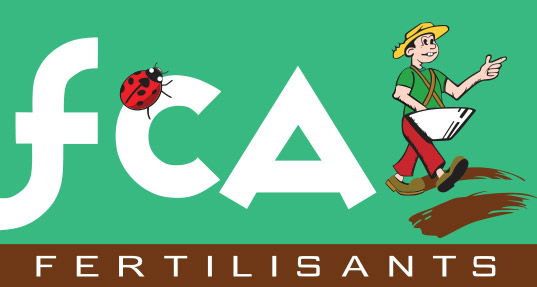In addition to covid 19, the year 2021 is marked by awareness of the environment and general health. Consumers, politicians, and farmers in turn raise the multiple issues facing society. Among these issues: environmental imbalances that impact the health of living things, including that of humans. Fertilization plays a major role in soil balance, environmental pollution and, by extension, the health of living things. This is why, in 2021, it is necessary to adopt good fertilization practices.
An outdated conception of fertilization
For a long time, environmentally friendly fertilization consisted of fertilization that stimulated the soils with fertilizers comprising only major elements: phosphorus, potash, nitrogen, sulfur, etc. Unfortunately, this conception of soil fertilization is outdated. And for good reason: the use of chemical fertilizers based on major elements combined with certain traditional agricultural practices have impoverished the soil. This impoverishment manifests itself in the stagnation of yields. Soils today need above all to regain biological activity, including microorganisms and other living elements such as earthworms. An environmentally friendly fertilization in 2021 is thus a fertilization that meets the nutrient needs of the soil, ensuring its balance and that of the plants.
Balance the soils
Balanced soil is soil with a neutral pH that contains biological activity. The pH can be optimal through the use of a calcium amendment. The life of the soil on the other hand is supposed to be natural and visible, for example, via a concentrated presence of earthworms. When the biological activity of a soil is low, it is advisable to employ agricultural practices which limit the tillage as much as possible. The purpose of this practice is to give the soil organisms the opportunity to take their place and do their work in order to enrich the soil as in a forest. In addition, the use of eco-alternative fertilization stimulates microorganisms in the soil while respecting the environment.
Meeting the nutritional needs of plants
Like humans, plants need food and nutrients to be optimally ingested and assimilated for good health. For that, it needs various nutrients and in appropriate quantities: neither too much nor too little. A man who eats too much bread, and not enough fruit, will likely be deficient in vitamins. The same goes for plants: if they consume a lot of phosphorus, nitrogen, or potash and not enough zinc or boron, they will be deficient. Appropriate fertilization therefore consists in analyzing the needs of the plant in order to offer it a specifically adapted fertilizer formula. Regularly carrying out soil analyzes allows you to respond appropriately. In 2021, the fertilizer formulas used must be composed of major elements, trace elements and other elements capable of increasing the biological activity of the soil.
